Elaine Sarazen The purpose of “People of Latin” is to share a story and experience at Latin that would otherwise not be heard. Storytelling is an extremely powerful device because it creates empathy and builds a deeper understanding and connection between people. Annie Goldenberg shared her story for the first article in this column. The conversation centers around how Annie’s involvement and membership in the LGBTQ+ community has shaped her experience at Latin. Annie decided not to make the interview anonymous because she used to be anonymous and now is not. “Being anonymous took my power away. This is my story, my experience, and everyone has their own” she said. *** Why and when did you decide to join GSM (Gender Sexuality Minority)? I came out to my mom in seventh or eighth grade and I had my first feelings for a girl during the summer before seventh grade. I kept it bottled up inside because I didn’t want people to know and I didn’t know how my mom was going to react. When I eventually told her I was lucky. She didn’t make me feel like it was a big deal. I stayed in the closet when I first came to Latin, because I had heard of and seen some people with views that I don’t want to say were anti-LGBTQ+ but were a little ignorant. I came out my freshman year in my affective ed class. It was hard for me because I didn’t know whether I would receive positive or negative feedback. I was lucky to get mostly positive. From that point onward, I was kind of branded the gay person in the grade, so I started to go to GSM to find a community. Come sophomore year my sister had come out of the closet and during the first couple weeks of school Ms. Ross, the club sponsor, had told us there wasn’t a head for GSM. My sister and I were pushed into this leadership position as lower classmen, so sophomore year was a trial period where we tried new things and got to know the community. This year, my junior year, we are building upon what we learned from last year and focusing on intersectionality. (Merriam-Webster dictionary definition of intersectionality: “It’s used to refer to the complex and cumulative way that the effects of different forms of discrimination (such as racism, sexism, and classism) combine, overlap, and yes, intersect—especially in the experiences of marginalized people or groups.”) What does a typical meeting look like? We try to include the whole school as much as we can because our affinity group is the smallest at Latin, partially because several people who identify as part of the LGBTQ+ community belong to other affinity groups, such as BSU (Black Student Union). Usually our meetings consist of four to ten people talking about what is going on in our lives. It is about giving a space where people feel comfortable and can share anything — even if it’s not related to their gender or sexuality. How do you define gender and sexuality? Gender and sexuality are words that fall on a spectrum, an idea I really want to push at Latin. It’s not just lesbian, gay and straight, or boy and girl. I first came out as bisexual because I didn’t have an identity that I thought fit me. I didn’t have romantic feelings for people who didn’t identify as a girl or boy. I now identify as queer (Annie defines queer as an open identity that people choose when they don’t feel like a specific term fits them). I am trying to get rid of the labels, because you will always meet someone who identifies differently no matter where you go and sexuality and gender can change over time. How has Latin been supportive of GSM? Latin always wants us to feel like we have the space to say what we want and speak up if something happens. Most of the student body wants what is best for people and wants to encourage other people to be who they are. Also, I felt super protected and supported when Latin ended their relationship with Moody Church because of the church’s homophobia. Is there anything that Latin has done that has not been supportive? Last year GSM brought in a queer theater group to perform and the negative backlash was insane. I did not anticipate it at all and I was a mess for a couple of days, because you would walk down the hallway and hear people using slurs and sayings “no one wants to see gay people on stage” or “this should have been optional.” I went to talk to Latin faculty, but it was never addressed in front of the entire school. It felt like we were being ignored and it wasn’t just members of GSM who went in, it was other students who were just as upset. People are allowed to disagree but it is not okay to use slurs and say hateful comments. The only support we got was from LASO (Latin American Student Organization) even though I was promised that people would look into it. It was rough, because in a time where GSM was under a lot of criticism and pressure the school wasn’t there for us. It has gotten a lot better, but the question of whether Latin is actually here to protect me is always in the back of my head. Have you ever received any personal discrimination? There was an incident last year where I was walking past gallery two and I heard a classmate use the f-word deliberately in front of me. It was a punch in the face, because I wondered what people say about me, my sister, and girlfriend behind closed doors. I always know people will say things, and there is nothing I can do about it. Even if someone doesn’t use a slur they will say things like “oh that’s so gay”. If I respond to them, some people will think I’m being too sensitive. These micro aggressions happen a lot here at Latin and it has gotten to the point where I don’t even bring it up to the school anymore because there is nothing that can be done. What can the Latin community do? Stand up. Even if you need to build up courage and stand up at a later time, advocacy is so important. We are such a small community, so I cannot be there every time to protect and stand up for the lower class-men who make up most of GSM. This is hard, because I know they do face aggressions and hate like I’ve experienced. Also, if people have questions ask them, as long as they aren’t rude about it. I love when people ask questions and are trying to educate themselves and understand people’s experiences. It makes each day feel a bit brighter and makes the school safer.]]>
Categories:
People of Latin — A New Column
February 1, 2019
3
0
More to Discover

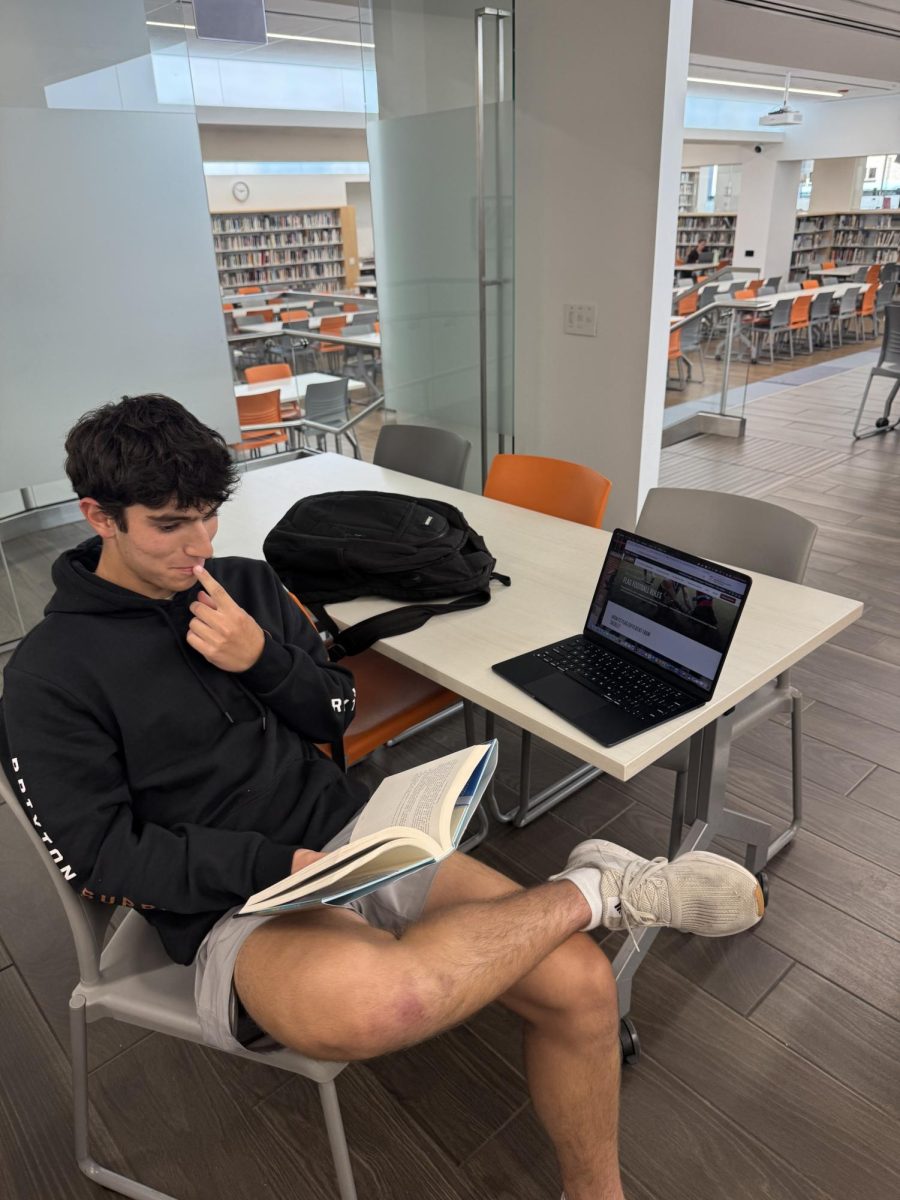















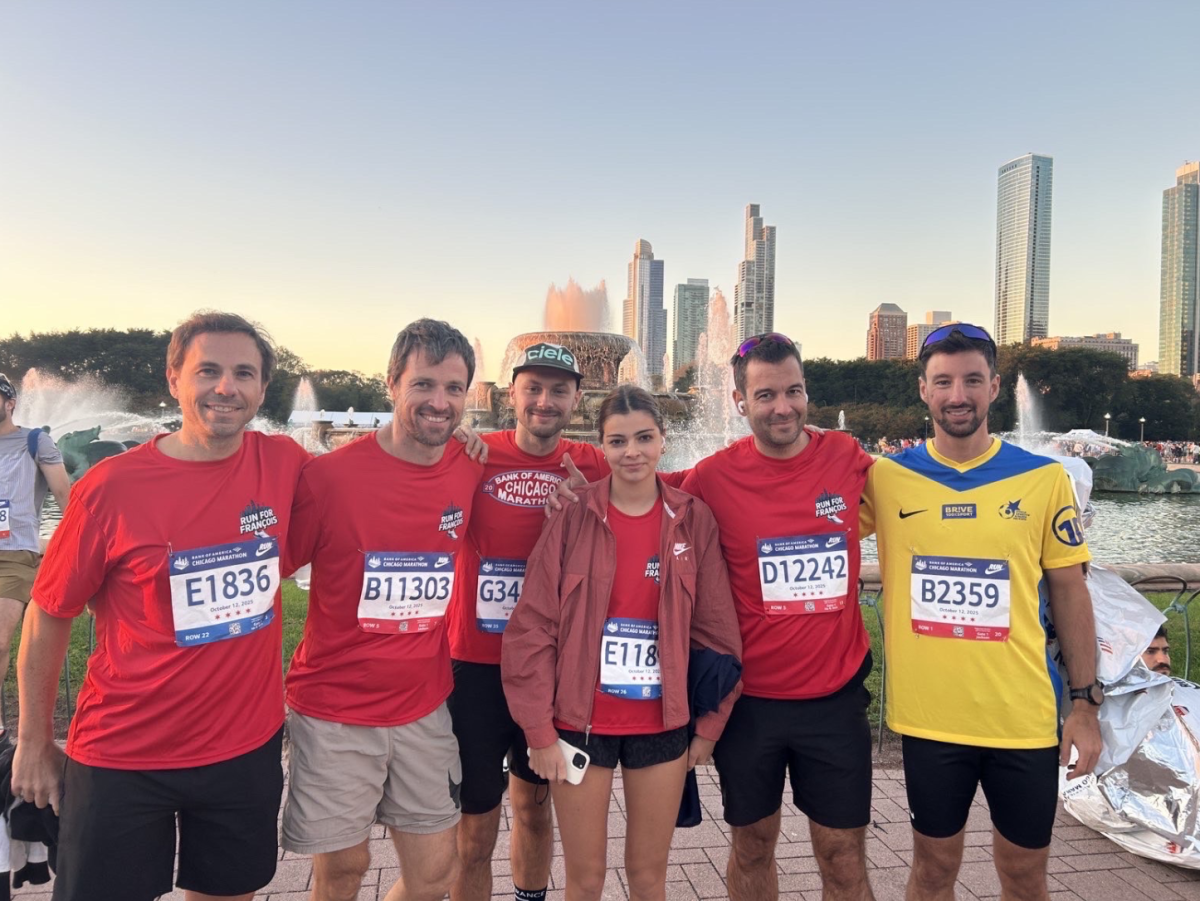




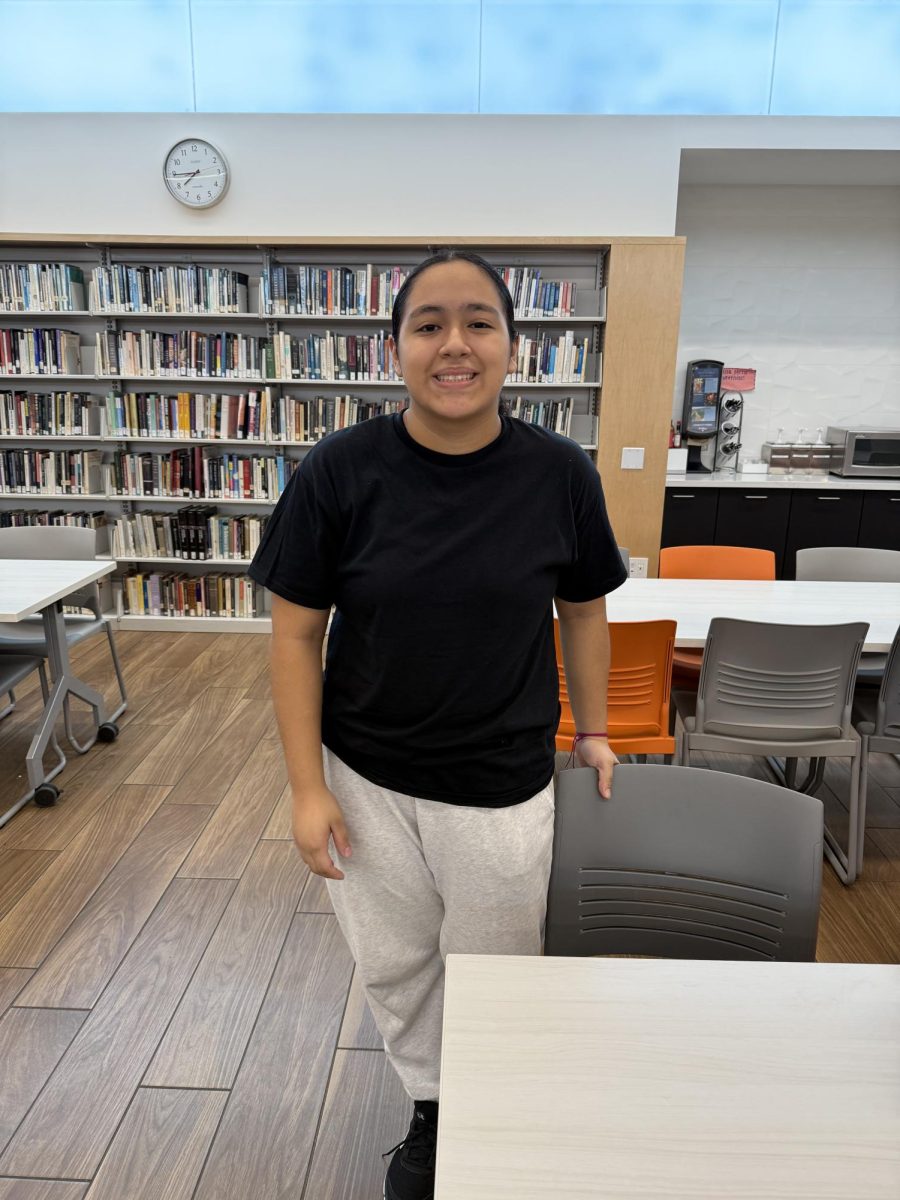













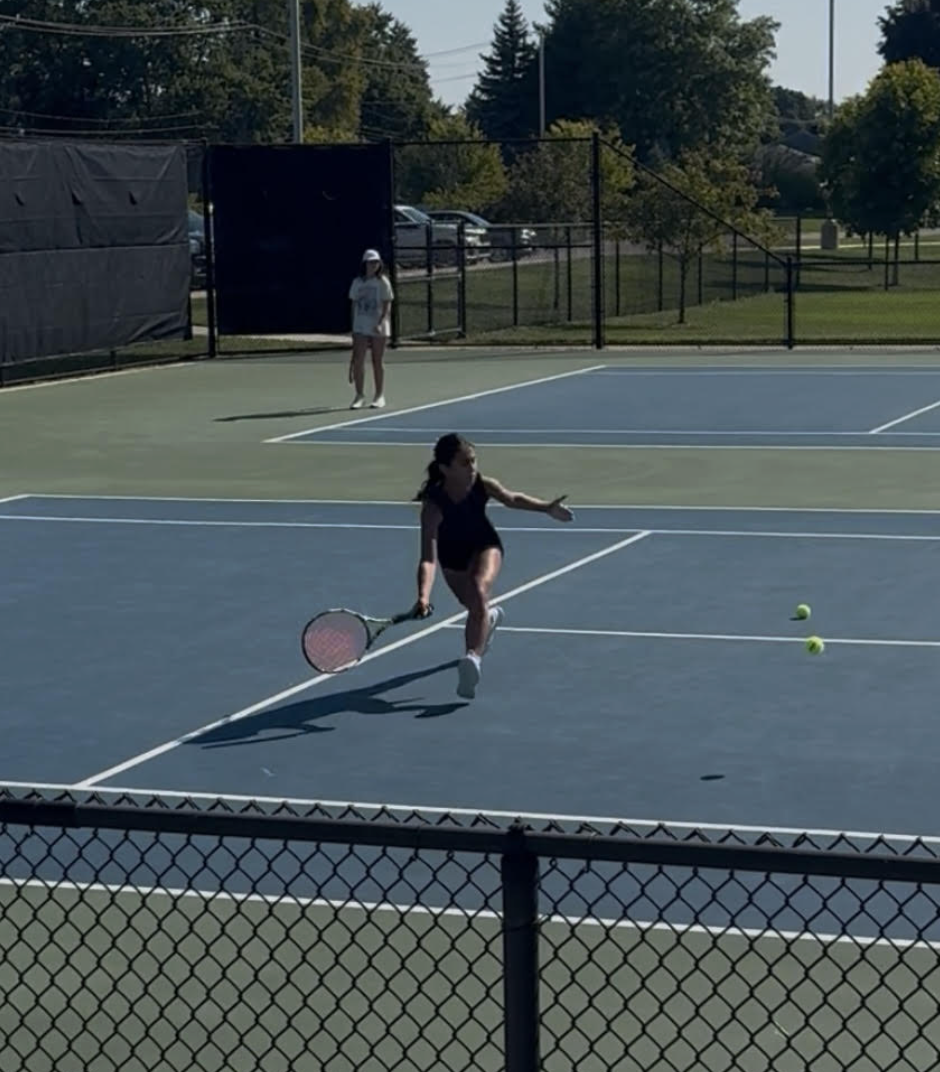




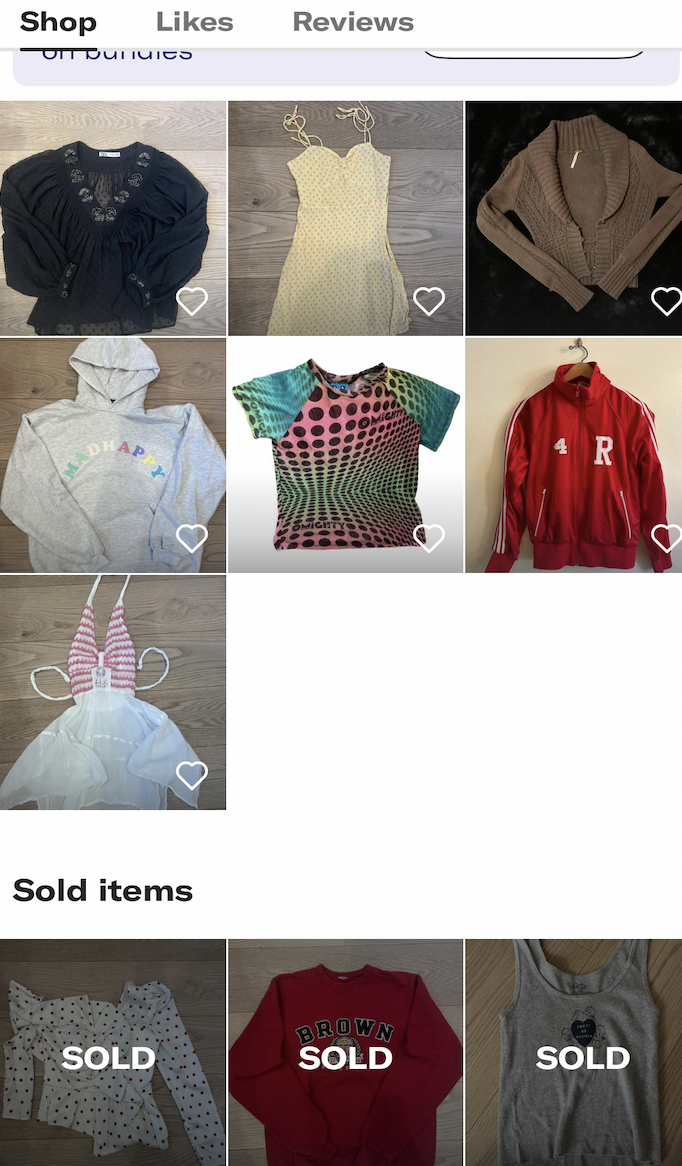




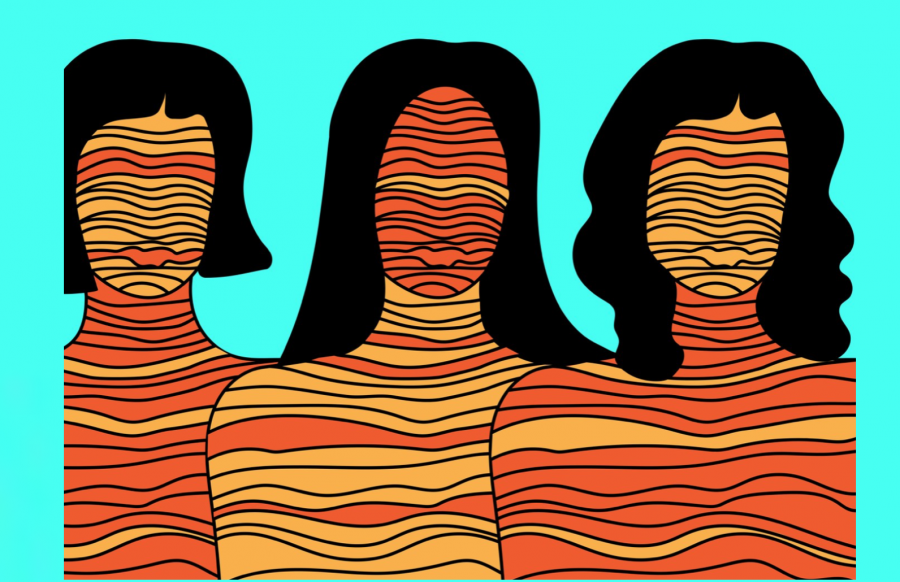
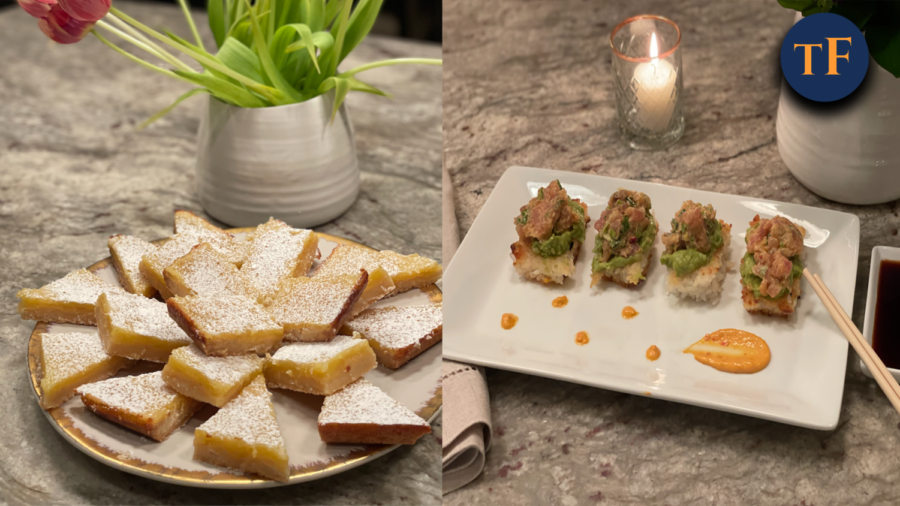
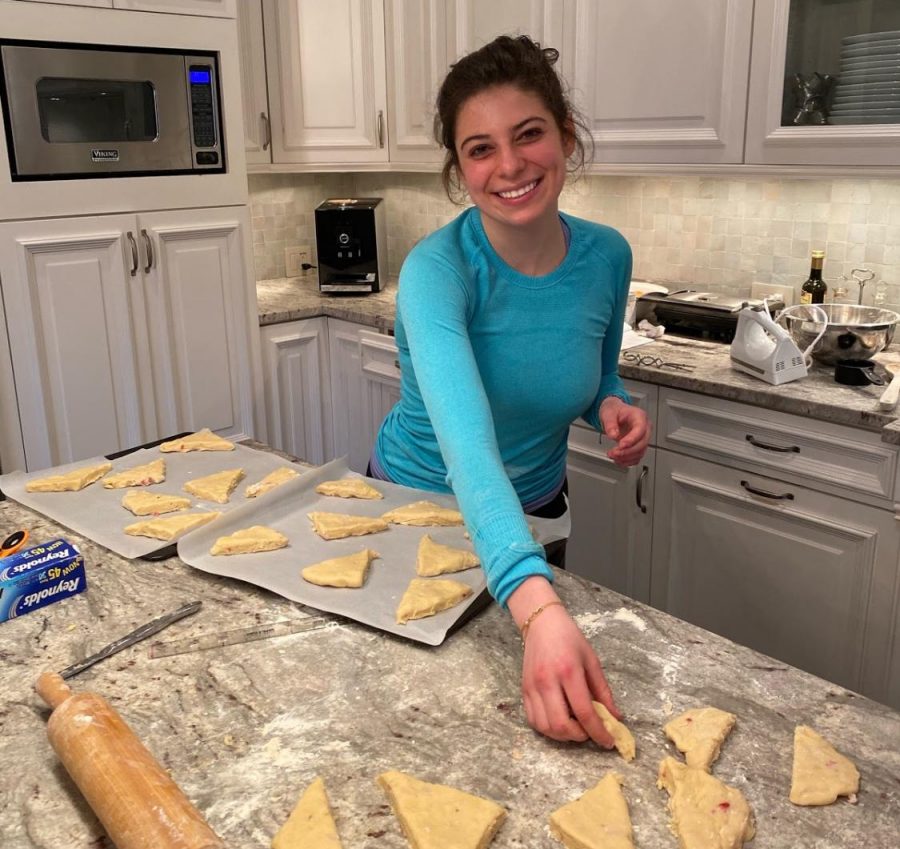
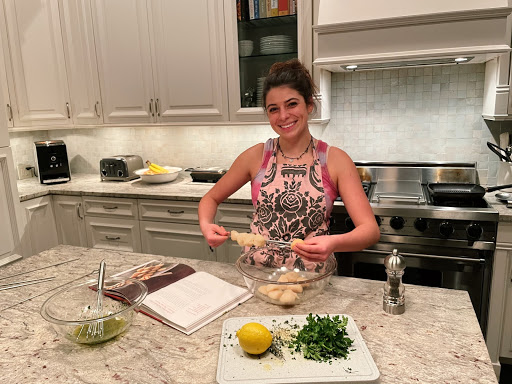
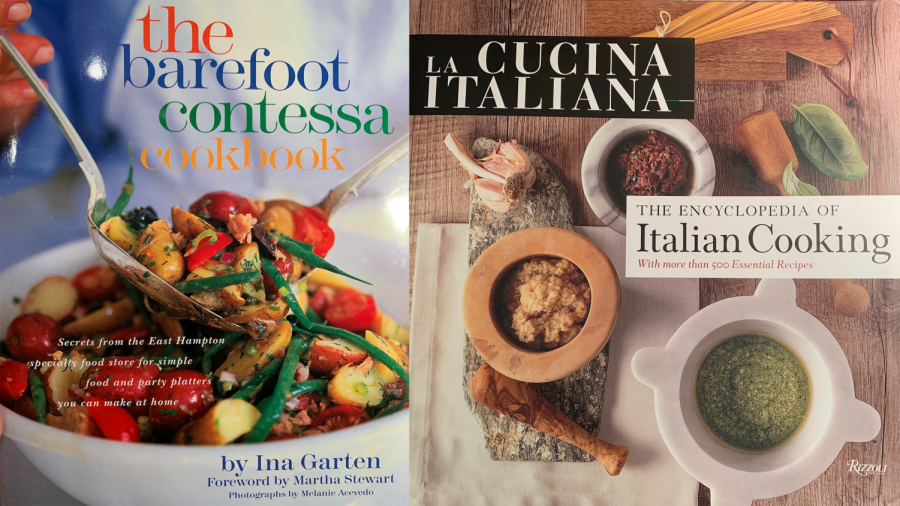
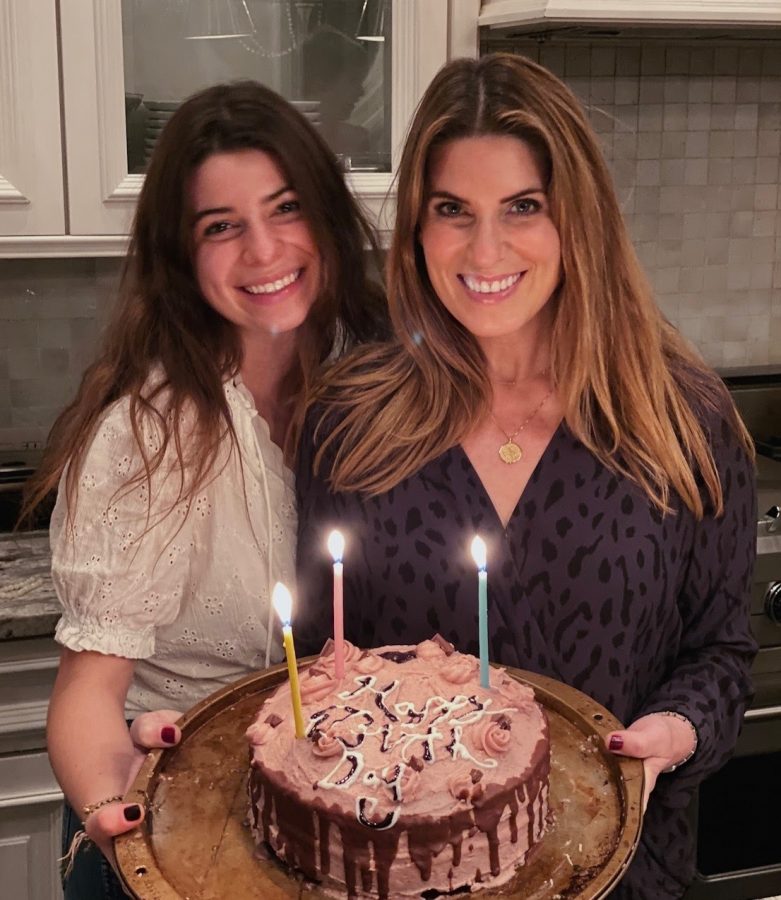
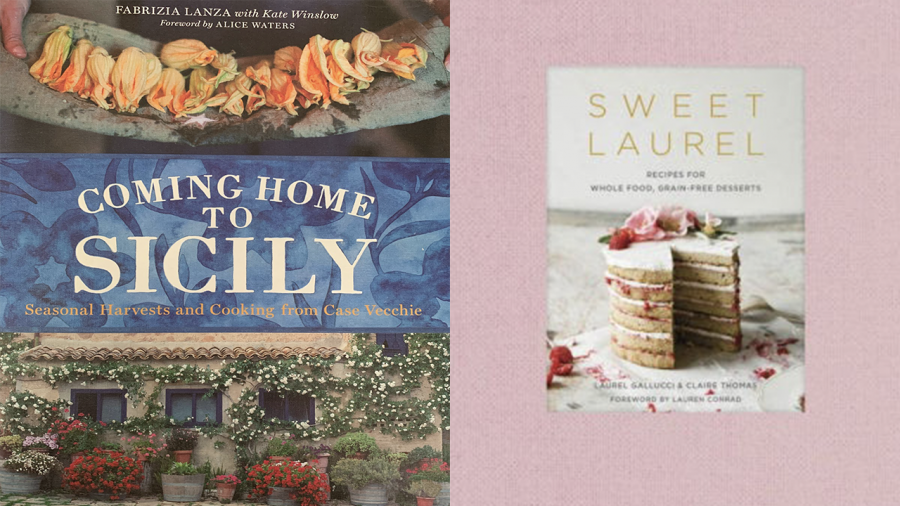

tkendrick • Feb 7, 2019 at 12:19 pm
This was awesome, so glad to read your words, Annie. Regarding microagressions, don’t give up! There is always a way to try and inform others and put a face to these terms and phrases. It can certainly get tiring, but keep up the hope that we can improve in this way as a community. Thanks for sharing!
lcampbel • Feb 3, 2019 at 6:51 pm
Thank you, Annie, for sharing your story and being so candid with your answers. You are such an amazing person inside and out and I’m happy that the Forum was able to give you a platform to show others your strength. Thank you, Elaine, for brining attention to marginalized voices like Annie’s at Latin. Hopefully, as a community, we can learn from Annie’s stories and be more accepting of differences and celebrate diversity as opposed to being put off by it.
rigbokwe • Feb 2, 2019 at 9:07 pm
Thank you so much, Annie, for sharing your stories. Thank you too, Elaine, for giving her the platform to do so. This was a great article and I’m really excited for the future of People of Latin. 🙂 🙂